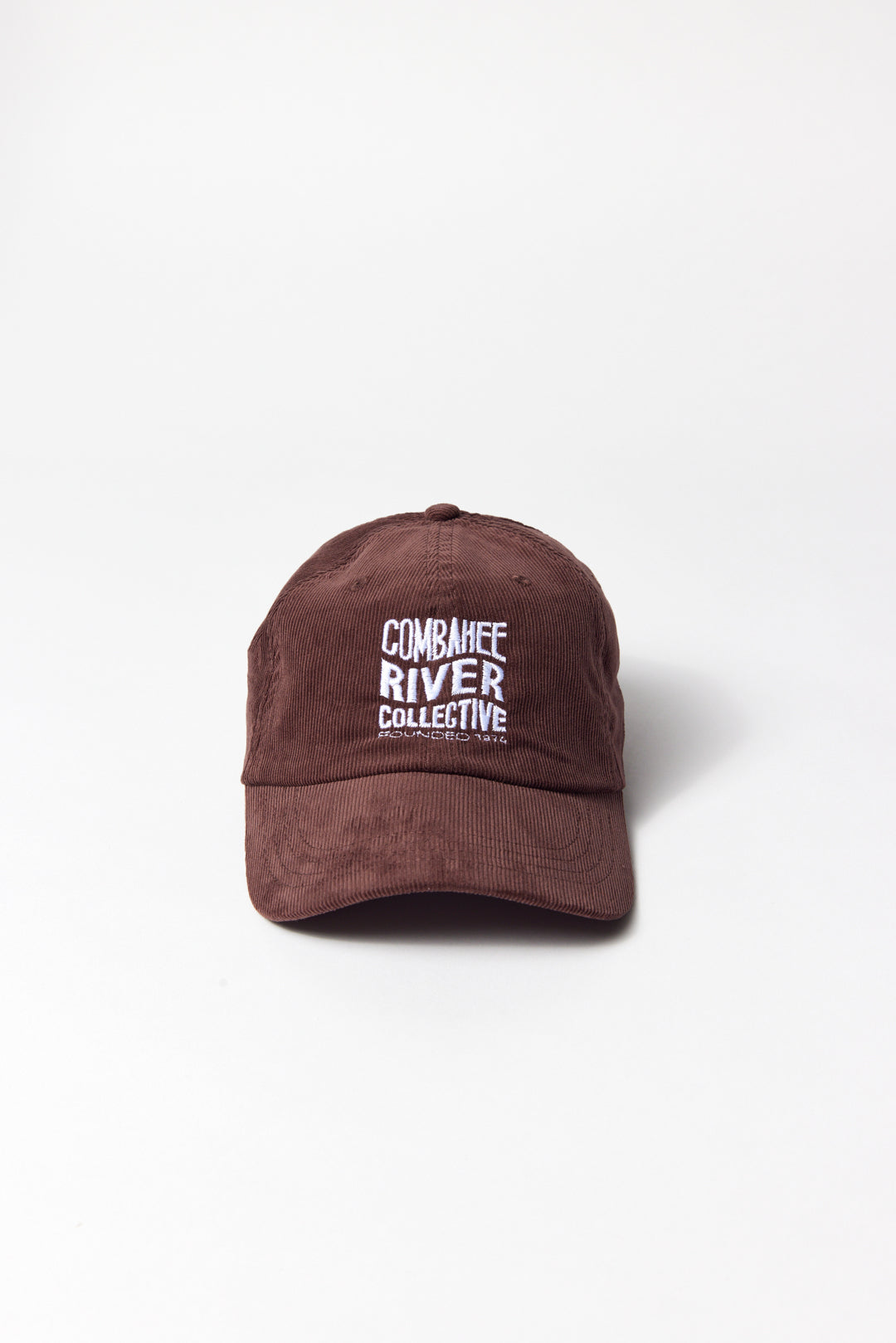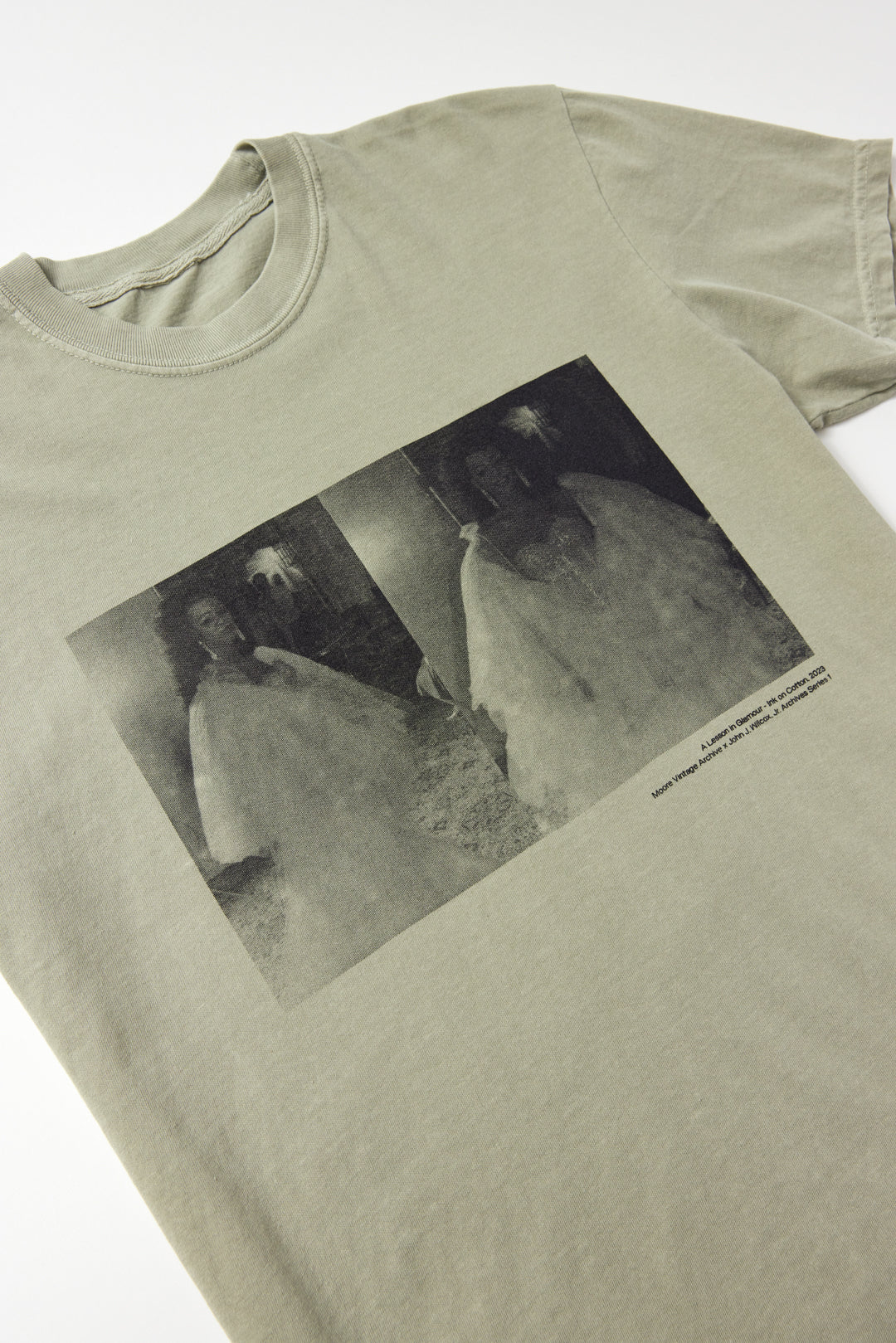What if we’ve lapped in some spacetime stutter
Our bodies blurring in an instant speck
In collaboration with
Moore Vintage Archive and the
John J. Wilcox, Jr. Archives at The William Way Center, Philadelphia Printworks is pleased to announce a capsule collection of t-shirts and totes celebrating the history of Black Queer culture in
Philadelphia.
“The Seeds This Soil Holds” is an immersive chapbook installation by Keesean Moore that combines poetry and photographic silkscreen prints, featuring imagery harvested from the John J. Wilcox, Jr. Archives at The William Way Center. The poems and images on view offer a window into the complexities of black queer existence past, present and future. The work pushes against reductive stereotypes and embraces the self as a composite and masterful composition – bodies hellbent on being multiplicities.
Keesean Moore is a black queer poet, artist and owner of The Moore Vintage Archive located at 725 South 4th Street in Philadelphia.
The following is an interview between the Keesean Moore and Maryam Pugh—owner of Philadelphia Printworks. The photos are courtesy of the John J. Wilcox, Jr. Archive at the William Way Center and the product photography is by Stephanie DeFeo.
So, what made you want to do this project?
I’ve always been fascinated by archival work and I’ve also always loved fashion. This was my opportunity to combine the two and create fashion that celebrates Black Queer history and is super chic.
How did it feel studying the archive?
Sifting through the John J. Wilcox Archive was a dream come true. Philadelphia has so much rich Queer history. So connecting the dots and highlighting the existence/persistence of Black Queer culture was both a challenge and ultra-fulfilling.
Were you surprised by any of the things that you found?
There were definitely moments of surprise – finding images of Essex Hemphill backstage before performances sent chills down my spine. Discovering the plight of Gregory Smith and protests around his arrest was incredibly moving. It was also really fascinating to be able to visualize and, at times, touch/make tangible so many elements of the City’s Queer history.
 |
 |
How has this project changed or impacted you?
I think this project has largely stretched my understanding of my own creative practice – how broad it can be if left to limitless wonder. It was incredibly validating to see the wide-range of Queer experiences in the archive as well. I feel like I could see myself in every image I found, as if I was time traveling or somehow embodying the experiences I saw. I often think about which elements of life are specific to this present time and which elements are cyclical or recurring throughout history and this process definitely created a deeper sense of familiarity with the past.
Why did you start Moore Vintage Archive?
Moore Vintage Archive was really my attempt to create and curate on my own terms. I’ve always been obsessed with history and the malleability of the concept of the “truth” and it was important to me to tell stories rather than being told stories. There’s powerful agency in the telling. The business was also my attempt to create creative opportunities for talented folk who look like me. I remember how tough it was for me coming up so I really wanted to try my hand at righting the wrongs I experienced throughout my career.
How does your Blackness and queerness inform your work?
I guess they are inescapable elements of the work that I create, it’s a perspective I cannot/will not shake. So much of my work is about uncovering for others what has been hidden to me. There’s healing in discovery especially when we move, collectively, in a world that has consistently tried to invalidate Black Queer narratives. So much of the work I do is about passing along tools for survival and keys to new peeks of joy and visibility. Combing through the archive and being able to see myself was truly a liberating experience so I hope to pass this along as an offering for other seekers.

How long have you been a poet?
I’ve been a poet since I was a kid with varying degrees of commitment. It’s less of a “career” and more of a way of seeing and understanding the world for me. Sometimes it takes time for me to understand the full spectrum of my emotions and poetry helps me get to the root of a feeling and usually that root is tied to something unresolved or undiscovered in the past.
How does being a multidisciplinary artist enhance and/or detract from your work?
I feel like there is freedom outside of any binary. I think that to work in a multidisciplinary capacity is to truly be free. It pushes you to grow and stretch yourself outside boundaries and limits imposed by people in power. I feel like there’s a necessary rebelliousness and fugitivity involved in finding your own path, in being an accumulation instead of being formulaic. I owe a lot of this to Fred Motens theories on the Black radical tradition.
How did it feel to screen print?
The screen-printing process was magical and I feel like it unblocked a lot of hesitation around the creation of visual arts. So much of the writing process is in the mind and when you’re working with something more tangible it unlocks a different kind of problem solving. Writing can be so cerebral so it was a welcome change to get out of my head and more into my body. Screen printing is such a physical process that incorporates so many elements. It was an awesome challenge and I’m so proud of the work.

What do you want people to take away from this project?
Hopefully a sense of wonder and belonging. I felt so held by the images I found. There was so much depth – so much sadness and ecstasy and anger and lust and joy – that grounded the historical elements in a real way. It wasn’t easy to find these images. Unfortunately, we live in an anti-black world and often those sentiments find their ways into seemingly “neutral” places. I hope that other people will experience the same sense of pride that I felt seeing images of Black Queer folk experiencing their joy and survival on their own terms. I hope the work inspires people as much as it is still inspiring me.
"The Seeds This Soil Holds" will be on display at the Archives Gallery of the William Way Center from June 8th - June 29th, 2023. The
opening reception is Thursday, June 8th at 6-8pm.
The capsule collection is scheduled to release online on Monday, June 12th at 12pm EST with 50% of the net proceeds donated to
The William Way Community Center,
a nonprofit organization serving the lesbian, gay, bisexual and transgender population of Philadelphia, Pennsylvania and nearby communities.













